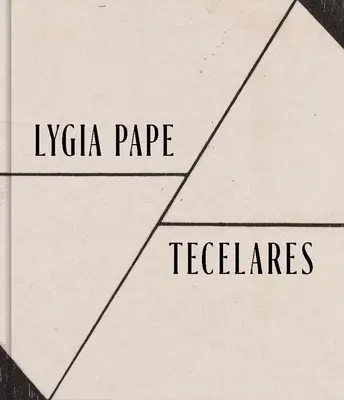An engaging investigation of contemporary Brazilian artist Lygia
Pape's early body of woodblock prints, which profoundly influenced the
trajectory of her oeuvre
One of Brazil's best-known contemporary artists, Lygia Pape (1927-2004)
was a founding member of the Neo-Concrete movement in the late 1950s
along with artists such as Lygia Clark and Hélio Oiticica. Pape explored
new visual languages in painting, performance, printmaking, and
sculpture, and her work--much of it based in geometry--invited viewers
to participate in the existential, sensorial, and psychological
experience of her art.
Presenting the first in-depth treatment of the experimental woodblock
prints Pape made between 1952 and 1960, this volume examines the
foundational role these works played in the rest of Pape's career,
foreshadowing her philosophy of "magnetized space." Composed of
overlapping geometric and linear elements that at times suggest atomic
particles or slides of microscopic specimens, Pape's prints display an
extraordinary depth accentuated by her use of incredibly thin,
translucent Japanese papers. The artist applied the title Tecelares to
these works decades after their creation. Loosely translated as
"weavings," the term captures Pape's uniquely handmade approach to
printmaking. Lavishly illustrated, this study is filled with revealing
insights into how the artist's printmaking aesthetic, materials, and
process embody her core ideas about art.
Distributed for the Art Institute of Chicago
Exhibition Schedule:
Art Institute of Chicago
(February 11-June 5, 2023)

